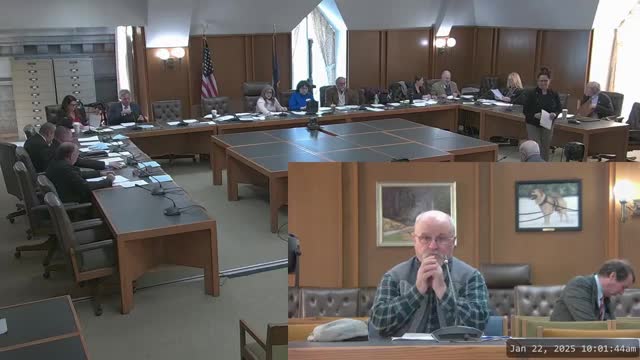Article not found
This article is no longer available. But don't worry—we've gathered other articles that discuss the same topic.

Contested hearing on HB 191: sponsors call it anti‑trafficking measure; opponents warn of privacy, enforcement and constitutional problems
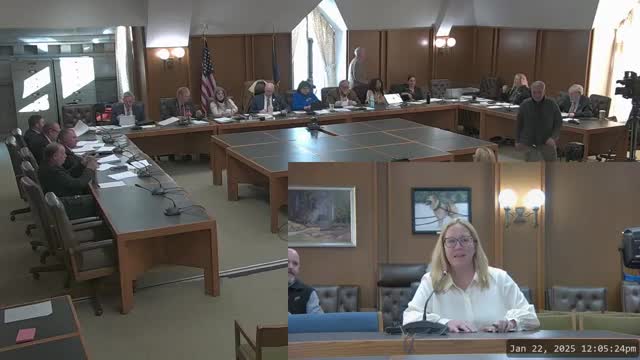
Lawmakers hear calls to regulate illicit massage businesses and improve anti‑trafficking tools (HB 405)
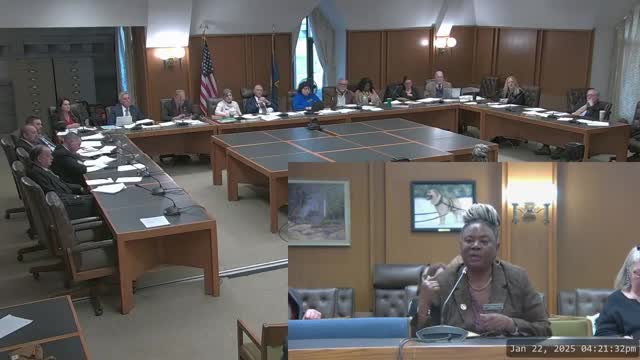
Heated testimony on HB 511, bill to prohibit sanctuary policies and mandate cooperation with federal immigration detainers
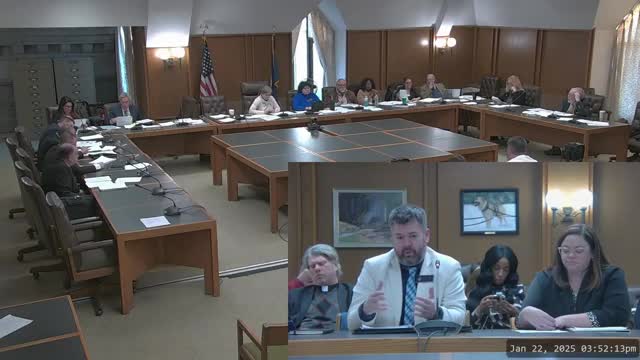
Committee hears HB 57 to allow administrative home‑confinement residents to attend postsecondary education
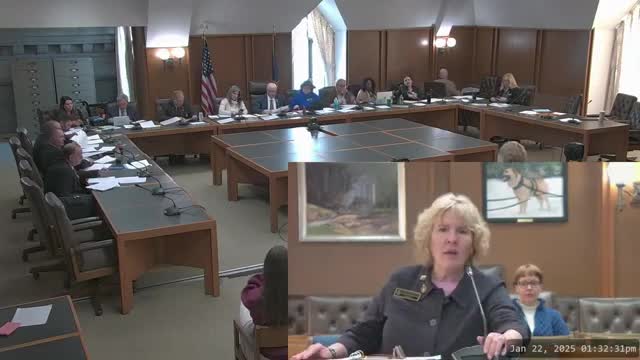
Bill would ban intentional disposal of yard waste into New Hampshire waters; DES supports clarifying placement
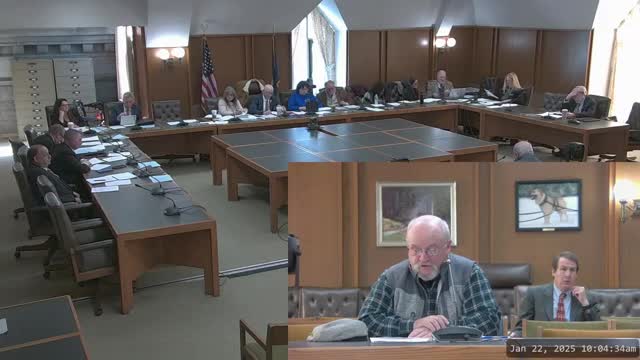
County prosecutors and law enforcement back HB 257 to criminalize severe child neglect
